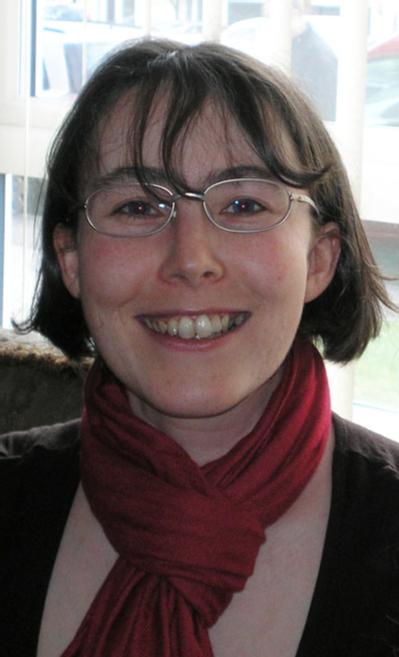Languages and Cultures beyond Boundaries
| Module Code: LN210 |
|---|
| Module Name: Languages and Cultures beyond Boundaries |
| Module Coordinator: Dr Kate Astbury |
| Not running 2024-25 |
| Module Credits: 30 |
Module Description
This module aims to critique and interrogate the concept of national languages and cultures by focusing on the cross-cultural aspects of a number of key texts from medieval travel writing, to contemporary film. It seeks to challenge assumptions about the relationship between national borders and linguistic/cultural identity by exploring the cross-fertilization of European languages and cultural ideas across both European and global boundaries. It will thus invite students to reflect on contemporary ideas about intercultural identity in the light of textual expressions on this theme across time and across European cultures. It examines how ideas of self and other are constructed through representation and introduces students to some theoretical concepts related to culture and identity.
You will develop a understanding of a number of key texts from a range of cultures and reflect on the cross-cultural influences inherent in their making and reception. You will critically reflect on representations of self and other in the core texts, and explore notions of culture, identity and languages using appropriate theoretical concepts.
As well as developing research and presentation skills, you will develop the ability to analyse written and visual forms of cultural expression, both in the modern language(s) you study, and in English.
Topics and texts will include Defying nationalism and notions of European Romanticism (Germaine de Staël, Corinne) exporting Frenchness in cinema (Jean de Florette and L'auberge espagnole); Lovers and Boundaries of religion and class in Golden Age Spain (Tirso, Cervantes, Lope); the Enlightenment in Germany (Nathan the Wise; Measuring the World); Transnational Identities in the 21st century (Clash of Civilizations over an Elevator in Piazza Vittorio)
Assessment Method (visiting students and second years, LN210):
2 x 4000-4500 word essays, one covering material from each term.
2 x OPTIONAL formative essays of 1200-1500 words (one in term one and one in term two).


